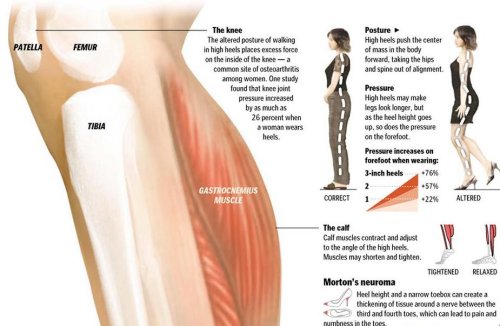My latest Locus column is up: "Artist Rights" describes the terrible risk to artists that arises from expecting online services to police everything their users do for copyright infringement. If YouTube, Scribd, Blogger, LiveJournal and all the other sites where we're allowed to put our work have to hire lawyers or erect technical filters that attempt to prevent infringement before it happens, it will dramatically raise the cost of expression. That's not good for art, period. (Even worse -- the automated filters won't work, so you'll pay the cost of reduced opportunities for expression and you won't even get the benefit of control over distribution of your work)
But even worse for artists: when the cost of distributing art goes up, the number of companies involved in it goes down. We all know what that looks like: the record industry, cable TV, the studio system. All systems where there's a buyer's market for art, where the big companies have artists over a barrel.
We live in an age in which more people can express themselves in more ways to more audiences than ever before. The majority of this expression is intimate, personal maunderings -- the half-spelled, quarter-grammatical newspeak adorning MySpace and Facebook pages. These are often intensely personal, with none of the self-conscious artifice that we've traditionally associated with "published work." By turning the personal into the public, an entirely new aesthetic is coming into being -- and a huge proportion of the invisible social interaction of a generation is being recorded forever. As Charles Stross notes, we are living at the end of "pre-history" -- the last days of a patchwork human history. Tomorrow's lives will be remembered by the historians of the day-after-tomorrow with astounding clarity and thoroughness, reconstructed through the midden of personal blips, twits, and chirps emitted by our social tools. By comparison, our own lives will be as opaque and unimaginable as the lives of the poor schmucks who inhabited the same cave for 200,000 years, generation after generation leaving no mark more permanent than a mouldering knucklebone lost in the soil.
Paradoxically, it is this very feature that leads many artists to view these sites with suspicion and derision. A common refrain goes like this: "These sites are filled with pirated material and they know it. They're making money off our work, and the only 'redeeming' quality they have is that a bunch of idiots get to talk about their cats around the clock and around the world."
Could these sites be remade to prevent infringement, and if they could, what would that mean for free expression?
Link 
 source
source













